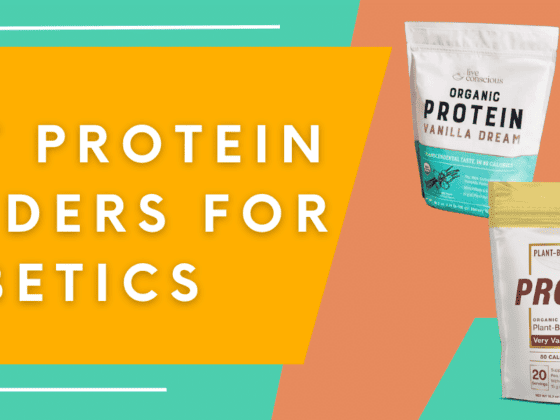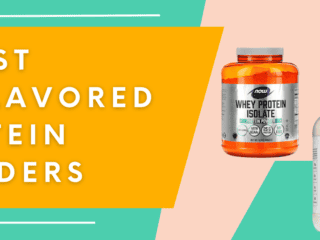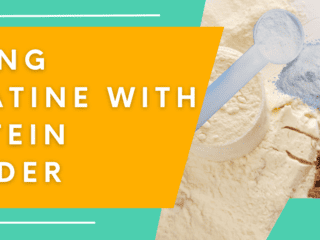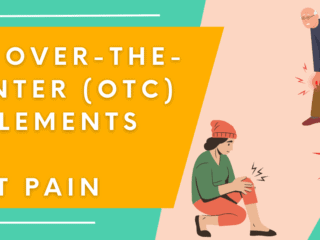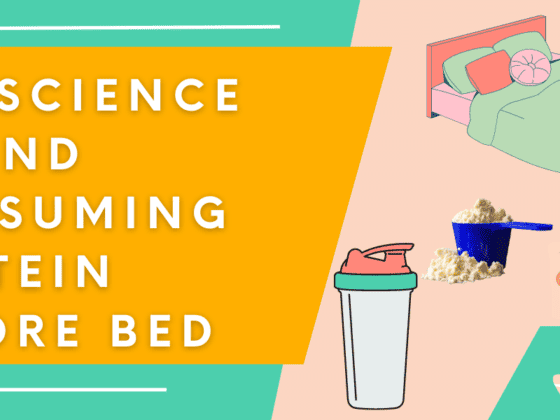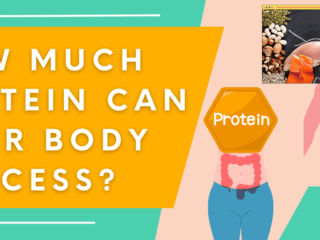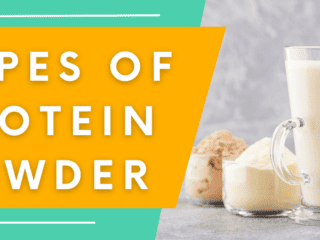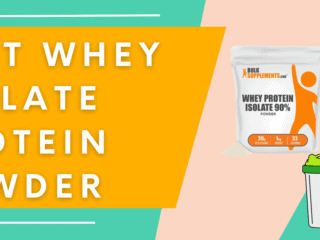Editor's Choice
Latest Stories
Omega XL Review: Which Omega-3 Supplement Should You Choose?
Navigating the world of Omega-3 supplements can feel overwhelming. With so many options out there, how do you choose the right one for your health needs? We’re here to help simplify…
The Best Time of Day to Take Turmeric for Inflammation
Are you searching for the optimal time to take turmeric to combat inflammation? Inflammation can be a silent…
Golden Revive Plus Reviews
Joint health supplements like Golden Revive Plus can greatly help a fellow afflicted with…
Instaflex Review - Does This Joint Supplement Work?
Comprehensive joint pain relief supplements like Instaflex do so much to help relieve joint-related problems and…
Osteo Bi-Flex Review
Changes in the musculoskeletal system, particularly in the joints, can decrease one’s mobility and quality…
When Is The Best Time To Take Glucosamine Chondroitin & MSM?
Glucosamine, chondroitin, and methylsulfonylmethane (MSM) are the best-known supplements prescribed to ease the…
Foods That Cause Inflammation in Joints: An In-Depth Analysis
Joint inflammation puts quite a toll on physical movement and makes the day harder to bear. But it’s not…
The Best Protein Powders for Diabetics: A Comprehensive Guide
For many diabetics, finding the right protein powder that aligns with their unique dietary needs can be a daunting task. The market is flooded with countless options, and the stakes are high.…
The Best Joint Supplements for Seniors: Boost Your Mobility
An optimal state of joint health lets you have comfortable mobility, to run, walk, jump, play sports, and move about as you please, so it’s of utmost importance for everyone, especially…
Nutrafol For Men Reviews - Ingredients, Before & After
Did you know that, according to the American Hair Loss Association, up to two-thirds of men will experience some…
Does Protein Give You Energy? A Look at the Science
A healthy intake of protein can positively impact one’s overall health, especially for the physically…
Ultimate Guide to the Best Unflavored Protein Powders in 2023
Protein powders help athletes, bodybuilders, and fitness enthusiasts build muscle mass, get a clean boost of…
Mixing Creatine with Protein Powder - Is it Recommended?
Creatine and protein powder supplements help improve strength, increase lean muscle mass, and promote muscle…
Unveiling the Strongest Natural Anti-Inflammatory Substances
Inflammation can be painful and affect one’s quality of life, but thankfully, there are strong, natural…
Uncovering the Best Over-the-Counter (OTC) Supplements for Joint Pain
Joint pain, regardless of the cause, joint pain can be extremely bothersome and can restrict much of your…
EBT Benefits and Protein Powder Supplements: What You Need to Know
Electronic Benefits Transfer allows SNAP recipients to receive and purchase food using their benefits. Since protein powders are an athlete’s go-to meal replacement to help boost workout…
The Science Behind Consuming Protein Before Bed
Protein shakes help you give an added boost of protein to your diet to help you build muscle, drop weight, and improve your overall health. There are many ways to make the most out of your…
Understanding Protein Absorption: How Much Protein Can Your Body Process?
Proteins are the building blocks of life, and as such, they are essentially necessary for the body to absorb to…
Understanding the Different Types of Protein Powder
Protein powder supplements are an effective way to gain muscle, lose weight, and get faster muscle recovery.…
Best Whey Isolate Protein Powder
Whey isolate protein is an effective way to supply the muscles with nutrients necessary for growth and recovery,…
Popular Categories
NutritionHealthMedicationInteractionsSide EffectsUsesAlcohol InteractionsAlternativesHalf-lifePregnancy RisksDosageWithdrawalPetsCompareBeautySide EffectsConditionsSymptomsDiagnosisPreventionPrognosisCausesEpidemiologyTreatmentHistoryThe MindFitnessPharmaDietDosageCaffeineSexual HealthPill IdentificationICD 10 Code CheckerPricingCaffeine Content







